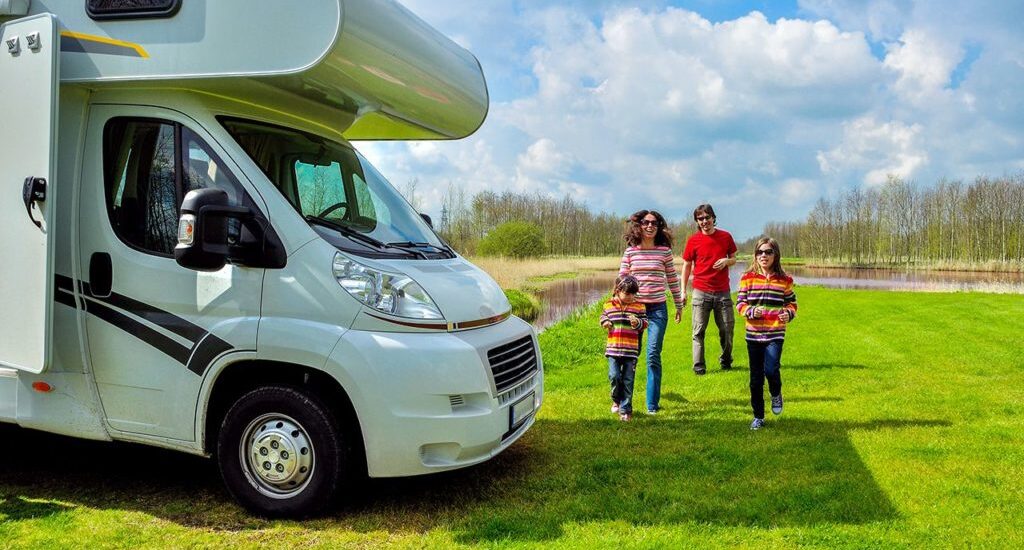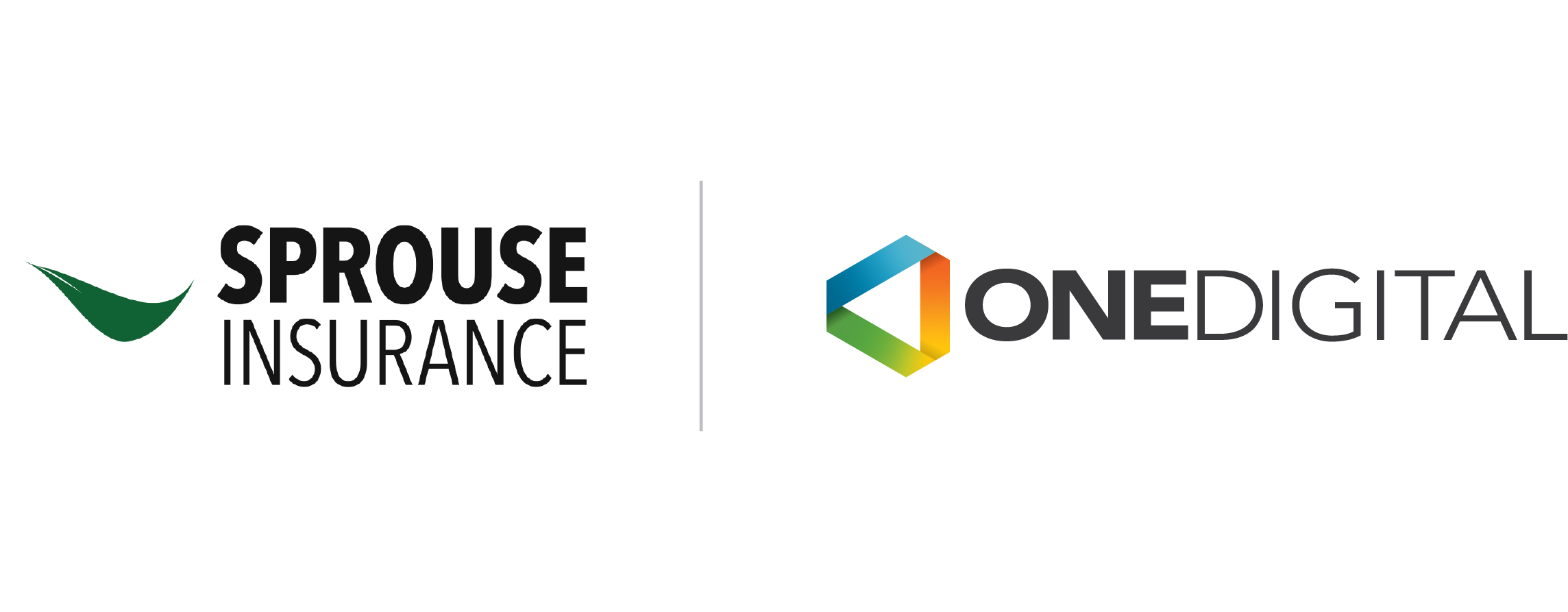
RV Insurance
RV owners are a special breed. We love to take to the highway and traveling is more than just a means to get from point ‘A’ to point ‘B’—for many of us, the journey means as much as the destination.
While RVers enjoy being on the road and getting away from all the hassles and problems back home, many mistakenly assume that RV insurance is about the same as car insurance.
There are several important differences to be aware of. In fact, if you don’t have proper insurance for your RV in Northwest, Ohio, you could end up facing financial hardship if you should have an accident.
What makes RV insurance unique?
RV Insurance is like two policies in one: it protects your vehicle like car insurance and it also protects your living area like home insurance.
Collision and road emergencies are definite risks to insure against. But when you are camping or parked, your RV becomes your home and needs to be protected against theft, fire, liability and other disasters.
Insurance for motor homes is specially designed to protect people that travel. And because your vehicle is usually larger than others, you should have greater liability coverage than standard autos, and this is only one important coverage option you might consider.
Who Needs Motorhome Insurance?
There are several classes of recreational vehicles and they each need special insurance:
-
- Class A covers RVs built like large commercial buses. This kind of motor home is complete and contains everything you need. Some of these homes are very expensive, costing up to a few hundred thousand dollars.
- Class B vehicles resemble vans, but have taller ceilings so you can stand up inside. They also have a longer wheelbase to accommodate the weight and additional room they provide.
- Class C vehicles are large vehicles made from trucks or vans.
Fifth-wheel trailers like larger homes on wheels are specifically made for pulling on the highway and camping or long-term use.
- Toy haulers – vehicles that typically fully contain ‘toys’ such as snowmobiles and dirt bikes.
- Horse trailers (especially those with sleeper units)
- Pop up campers – can be collapsed for easy storage and transport.
- All terrain vehicles (ATVs) including three- and four-wheelers.
Standard Motor home Insurance
Standard insurance policy coverage will depend on your RV. Units that are motorized need the same kind of coverage as your car, like liability, comprehensive, and collision.
If you only plan to vacation once or twice a year, you may be able to get by with seasonal coverage. Trailer RVs will need insurance coverage for damage, both on and off the road.
Options for Your RV Insurance Policy
When you insure your RV, you might want to consider these important options:
- Insurance for full-time RVers
- Camper liability — since you are responsible for what happens inside your mobile home and the lot or camp site it’s parked on (just like your house.)
- Extra bodily and property damage liability is not uncommon, especially if you have an expensive and large RV.
- 24 hour roadside assistance is a worthwhile feature that could really save you time and money even if you only use it once. And if you never need it, what peace of mind!
- Emergency expense money
- Total loss coverage
- RV contents coverage
- Insurance for any ATVs you may be towing, both for damage they may sustain being towed or being driven.
The Sprouse Insurance Difference
You may think you want the cheapest insurance you can find, but realize you may not be getting everything you bargained for …
… While most insurance products are similar in price and function, insurance providers are very different when it comes to structuring a policy that actually covers you. So if you’re at all concerned for your financial well being, you should investigate what you are offered carefully, and consider a relationship with a reliable guide.
There’s no such thing as a one-size-fits-all insurance policy.
We’re your neighbors. We protect people we know and care about in Northwest, Ohio, and that means we always look for ways to protect you better, including carefully choosing the insurance companies we represent to be both affordable and responsive.
Click on the quote request button now and let the professionals at Sprouse Insurance help you forge the strongest shield possible to help you protect the things you care about most.

